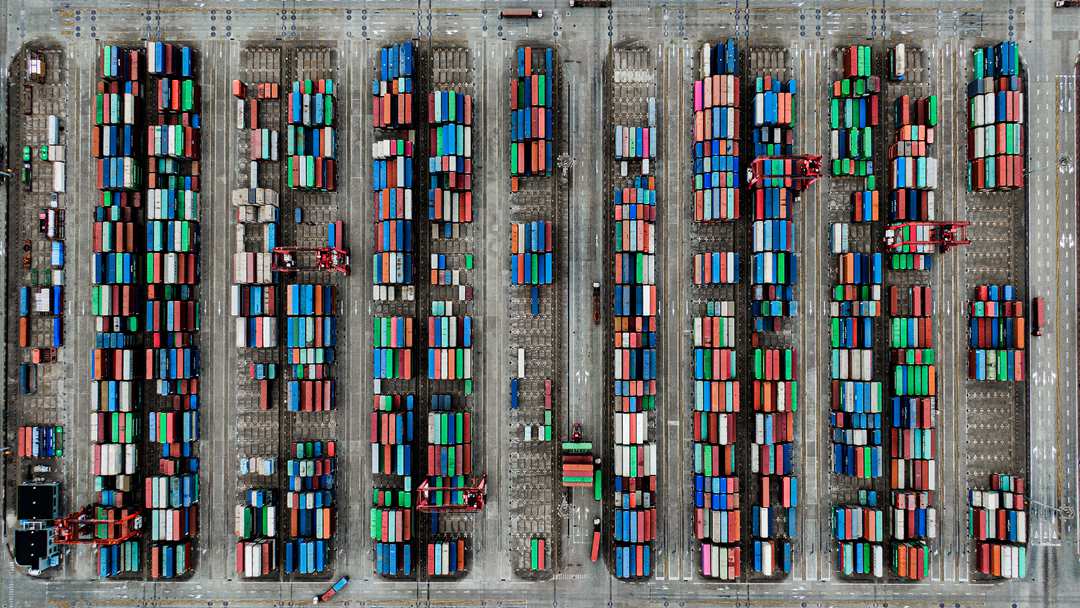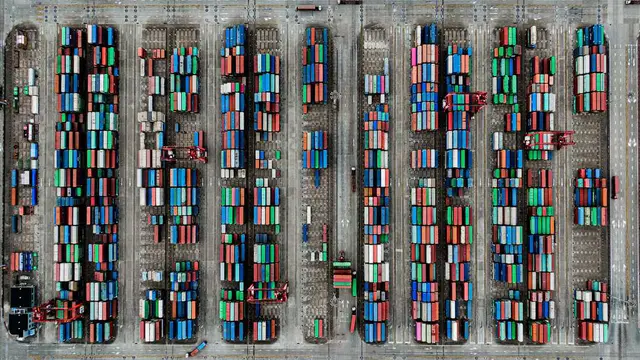03:23

Trade is trade and it should not be mixed with other factors, an expert said, shedding light on the China-India border conflict's impact on bilateral economic and trade relations following India's decision to impose sanctions on Chinese goods.
After the recent border clashes, the Indian government announced a series of measures impeding bilateral trade. India says it will ban Chinese companies from taking part in the Indian road construction projects. It has also banned 59 Chinese cellphone apps. Some Chinese companies have also reported difficulties with customs clearance.
With the coronavirus outbreak, global trade has already been shrinking. India's economy was slowing down before the epidemic, and last year it posed a GDP growth of only 4.2 percent, the lowest in a decade. And China also faces economic challenges amidst the COVID-19 pandemic.
In these circumstances, the two sides need to work together, according to Liu Xiaoxue, the deputy director of the National Institute of International Strategy with China's National Institute of International Strategy.
"India needs to attract more investment to develop its manufacturing, to boost its economy, and create jobs. China is undergoing an economic transformation, and facing a trade war with the U.S., so it's important for the two countries to cooperate, instead of degrading their economic and trade engagement," said Liu.
China's Ministry of Commerce has criticized the Indian sanctions. Despite New Delhi's actions, Beijing says it didn't retaliate.
"China didn't take any measures to limit or discriminate Indian goods or services exported to China. Some of India's measures violate the rules of the World Trade Organization and India's commitments to the WTO," said Gao Feng, the spokesman of the ministry.
The ministry spokesman called on India to stop its discriminatory actions and hoped both sides could work together to ensure a healthy and stable development of trade and economic cooperation.
China's position is very clear that it wants to cooperate with India, but if India continues or escalates its measures to hit China's economy, Beijing may not sit still, Liu said. She believes the top leaders of both countries have the wisdom to resolve the issue.
According to the Chinese Ministry of Foreign Affairs, China-India trade stood at nearly 93 billion U.S. dollars last year. China's exports to India reached nearly 75 billion dollars and imports were 18 billion dollars, with China's trade surplus totaling 57 billion dollars. China mainly exports electromechanical, chemical products and base metals. India mainly exports mineral and chemical products to China.
Liu added before the recent border tensions, the two countries' economic engagement was in good shape.
"Despite the trade imbalance, China's consumer goods are cheap and of good quality. They can meet the needs of Indian customers. China's capital goods complement India's manufacturing industry. Over 70 percent of India's raw materials for medicine are from China. Through working with China, India is more involved in the international industrial chain," Liu said.
 简体中文
简体中文

